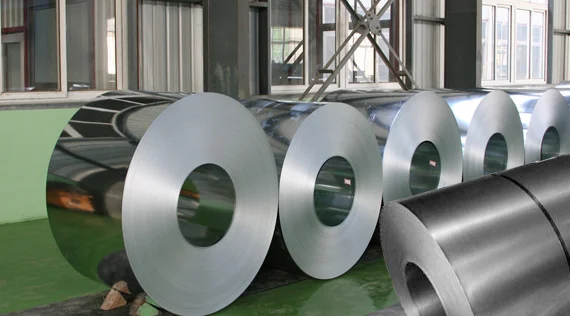E-Waste Recycling to Play Crucial Role in Curbing Plastic Pollution
E-waste Recycling | 2024-03-05 13:29:04
These initiatives not only reduce plastic pollution, but also creates economic opportunities for local communities.
SEATTLE (Scrap Monster): The recycling of electronic waste plays a crucial role in reducing plastic pollution, thereby protecting the environment. Incidentally, e-waste plastics is one of the fastest growing waste streams in the world.
The most recent statistics released by the World Economic Forum suggests that global e-waste generation totalled 53.6 metric tonnes in 2019. The quantity of discarded electronics is seen rising at 3-4% per year. Plastics account for almost one-fifth of the e-waste, thus making e-waste a major contributor of plastic pollution.
RELATED NEWS:
Tackling Plastic Waste: Washington's ReWRAP Act and the Battle for Sustainability
New Law Targets to Cut Plastic Waste in California
The recycling of e-waste plastics has not made significant progress despite innovative technological developments, due to the presence of flame retardants. However, exciting developmental initiatives like Green Cities Inc. in Liberia and the Waste Electrical and Electronic Equipment Centre (WEEE Centre) in Kakuma promises a promising future. These initiatives not only reduce plastic pollution, but also creates economic opportunities for local communities.
There exists strong interconnection between plastics and e-waste, with both causing major challenges to the environment and human health. By promoting e-waste recycling, significant progress can be achieved in the fight against plastic pollution.
 By
By 